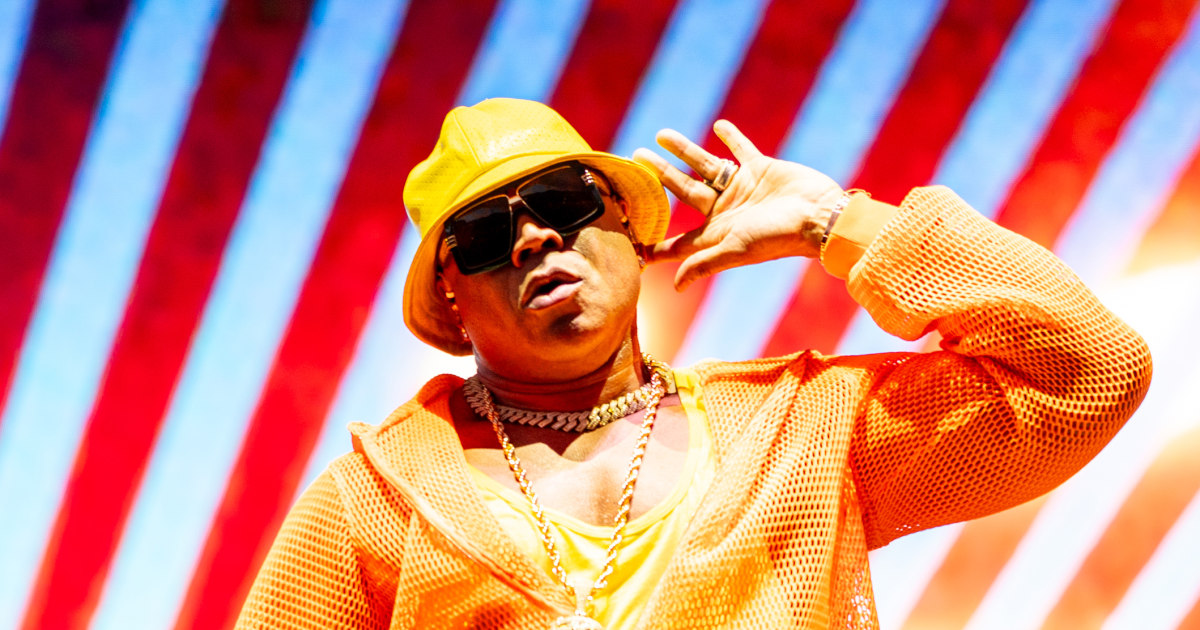
LL Cool J, Jazmine Sullivan Cancel Philly 4th Show Backing Strike
When do music icons trade the stage for the picket line? Hip-hop legend LL Cool J and Grammy-winning R&B star Jazmine Sullivan withdrew from Philadelphia’s Wawa Welcome America Fourth of July concert in solidarity with District Council 33 municipal workers striking for fair wages. The last-minute cancellations of the Benjamin Franklin Parkway event’s headliners amplified national attention on the labor dispute, turning a celebration into a platform for worker advocacy.
Artists Take a Stand: “No Crossing the Picket Line”
LL Cool J announced his decision in a Thursday night video, stating:
“There’s absolutely no way I could perform, cross a picket line, and pick up money when people are fighting for a living wage.”
The rapper, slated to close the concert with turntablist DJ Z-Trip, emphasized hopes for a swift resolution but stood firm on his principles. Hours later, Philadelphia native Jazmine Sullivan followed suit, posting on Instagram:
“I stand with Philly’s DC33 until the city brings fair wages to our working class.”
Their exits left the Wawa Welcome America festival—a cornerstone of Philadelphia’s Independence Day festivities—scrambling to adjust its lineup. The strike, involving nearly 10,000 workers responsible for 911 dispatch, sanitation, and public safety, began July 2 after failed contract negotiations.
Union Gratitude vs. City’s Disappointment
District Council 33 leadership praised the artists’ solidarity. Union president Greg Boulware called Sullivan’s move “profoundly humbling,” noting:
“Her recognition of our workers’ dedication—as a hometown hero—sends a powerful message.”
Philadelphia Mayor Cherelle Parker expressed respect for both artists’ decisions but lamented the loss of their performances:
“They’re always welcome here. Our goal remains resolving this strike swiftly.”
Despite a July 1 court injunction mandating some strikers return to work, tensions persist. The union urged compliance but continues pushing for wage increases amid rising inflation, highlighting a 23% pay gap between city workers and private-sector counterparts in similar roles.
Event Fallout and Cultural Implications
The dual cancellations underscore music’s evolving role in social advocacy. LL Cool J, a Rock and Roll Hall of Famer, and Sullivan, a 13-time Grammy nominee, risked backlash but prioritized labor rights over fan expectations. Their stance echoes broader trends:
- 2023 Hollywood Strikes: Actors and writers halted productions for fair pay, influencing public discourse.
- Artist Activism: Beyoncé’s Renaissance Tour partnered with local mutual aid groups, while Billie Eilish advocates for climate action.
The Benjamin Franklin Parkway event proceeded with revised programming, but attendance dipped by an estimated 30%, per local reports. Vendors reported slower sales, though some fans supported the cause. Mark Thompson, a lifelong Philadelphian, said:
“I’d rather miss the show knowing artists stand with my neighbors.”
What’s Next for Philly’s Labor Battle?
Negotiations between the city and District Council 33 remain deadlocked. Key sticking points include:
- Wage Increases: Workers demand a 15% raise over three years; the city offers 10%.
- Healthcare Costs: Rising premiums could offset pay gains without caps.
- Overtime Protections: Guards against mandatory extended shifts without adequate compensation.
The strike’s ripple effects may influence Philadelphia’s 2025 budget talks, with Parker facing pressure to avert further service disruptions. Nationally, LL Cool J and Sullivan’s protest could inspire similar actions at festivals, blending entertainment with activism.
Key Takeaways
- LL Cool J and Jazmine Sullivan exited Philadelphia’s Fourth of July concert to support 10,000 striking municipal workers demanding fair wages.
- The District Council 33 strike impacts essential services, with workers seeking a 15% pay raise amid inflation pressures.
- Mayor Cherelle Parker acknowledged the artists’ stance but emphasized resolving the labor dispute to restore city operations.
- The cancellations reflect a growing trend of musicians leveraging platforms for social justice, prioritizing advocacy over performance fees.
- Philadelphia’s Wawa Welcome America festival faced reduced turnout, highlighting the economic and cultural weight of labor solidarity.
As the strike continues, the artists’ choice reinforces a truth: in the battle for fair pay, even fireworks can’t outshine solidarity.
